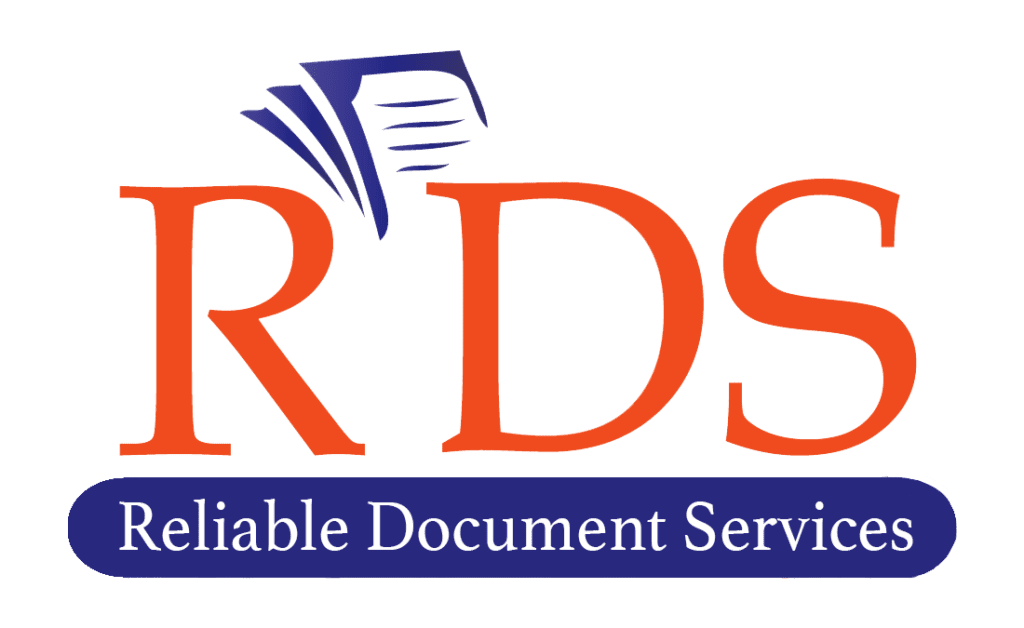Introduction
Running a business involves navigating a wide array of legal documents that are crucial for ensuring smooth operations, protecting your interests, and meeting legal requirements. From contracts with partners to compliance paperwork, the successful management and organization of these documents are key to preventing disputes, staying compliant, and enabling business growth. Without a structured approach, managing these essential documents can quickly become overwhelming, leaving your business vulnerable to legal risks and inefficiencies.
In this comprehensive guide, we’ll walk you through the most critical business and legal documents every business owner should be familiar with. We’ll also provide valuable tips on setting up an efficient document management system that can save you time and help your business operate more smoothly.
Essential Business & Legal Documents
Proper documentation is the backbone of a legally sound and organized business. Here are some of the most common types of business and legal documents you’re likely to encounter, along with their importance:
1. Contracts
Contracts form the foundation of business relationships. They lay out the terms of agreements with clients, suppliers, and partners, including payment terms, deliverables, and the rights and responsibilities of each party. Common types of contracts include:
- Client Contracts: Define the scope of services, timelines, and payment terms, minimizing the chance of disputes.
- Supplier Agreements: Outline delivery terms, payment schedules, and quality standards for goods or services received.
- Partnership Agreements: Specify each partner’s roles, investment, and profit-sharing arrangement, which is essential for clear and cooperative partnerships.
2. Incorporation Documents
Incorporation documents establish the legal structure of your business. They define whether your business is a corporation, limited liability company (LLC), partnership, or sole proprietorship. Key incorporation documents include:
- Articles of Incorporation: Essential for corporations, these documents formally establish your company with the state and include details on shares, corporate governance, and more.
- Operating Agreement (for LLCs): Outlines the ownership structure, management duties, and profit distribution, particularly valuable for multi-member LLCs.
3. Compliance Documents
To operate legally, every business must meet various compliance requirements, which often involve maintaining up-to-date licenses and permits. Key compliance documents include:
- Business Licenses and Permits: Ensure your business can legally operate within its industry and location.
- Tax Documents: Cover everything from annual filings to state and federal payroll taxes, helping you stay compliant and avoid fines.
- Insurance Certificates: Verify your business’s insurance coverage for general liability, workers’ compensation, and other policies essential to risk management.
4. Employment Agreements
Employment agreements are vital for defining the terms of employment, including roles, responsibilities, benefits, and compensation. They also protect your business by setting boundaries around employee conduct, intellectual property rights, and confidentiality. Types of employment-related documents include:
- Offer Letters and Employment Contracts: Specify the terms of employment, including start date, salary, benefits, and job description.
- Employee Handbooks: Outline company policies, code of conduct, and expectations, providing clarity and helping prevent disputes.
- Termination and Severance Agreements: Define the terms under which an employee’s contract ends, helping protect both parties’ interests.
5. Non-Disclosure Agreements (NDAs)
NDAs are confidentiality agreements that protect your business’s proprietary information. These agreements prevent employees, contractors, or partners from sharing sensitive data with third parties, protecting trade secrets, client data, and strategic plans.
Tips for Managing Your Business & Legal Documents
Creating a system for managing your business documents will save time, reduce errors, and help keep your operations compliant. Here are some strategies to streamline your document management process:
- Develop a Document Management System:
Create a structured filing system, whether physical or digital, that organizes documents by type (contracts, compliance, employment) for easy access. - Invest in Digital Solutions & Cloud Storage:
Digital storage solutions allow you to store, organize, and access documents from anywhere, ensuring that important files are secure and accessible. Cloud storage also reduces the risk of losing physical copies to unforeseen events like fire or flood. - Automate Renewal and Expiration Alerts:
Use tools or calendar reminders for key renewal dates on licenses, insurance policies, and contracts. By staying ahead of deadlines, you can ensure that your business remains compliant. - Limit Document Access and Permissions:
Use access controls to prevent unauthorized personnel from viewing sensitive information. Restrict access to certain documents and folders to essential personnel only, helping to protect client data and trade secrets. - Regularly Review and Update Documents:
Laws and business needs evolve, and it’s important to keep your documents up-to-date. Regularly review contracts, policies, and compliance documents to ensure they still align with legal requirements and business practices.
The Benefits of Seeking Legal Assistance
Although you can manage some documentation yourself, consulting with legal professionals ensures all documents are accurately drafted, legally binding, and compliant with current laws. Legal expertise can be especially beneficial for:
- Customizing Documents: A lawyer can tailor contracts, NDAs, and employment agreements to address the unique needs of your business.
- Ensuring Regulatory Compliance: A legal expert can help navigate specific compliance requirements that apply to your industry.
- Dispute Prevention: Well-drafted contracts can reduce misunderstandings and mitigate risks of future disputes.
Conclusion
Managing business and legal documents is an ongoing process that is vital for the security and smooth operation of your business. A well-organized approach not only streamlines operations but also protects your company from legal risks. By establishing an efficient document management system and seeking legal guidance when needed, you ensure your business remains compliant and prepared for growth.
With these organizational strategies and professional insights, you can confidently manage your business documents and stay on top of any legal requirements that arise.






